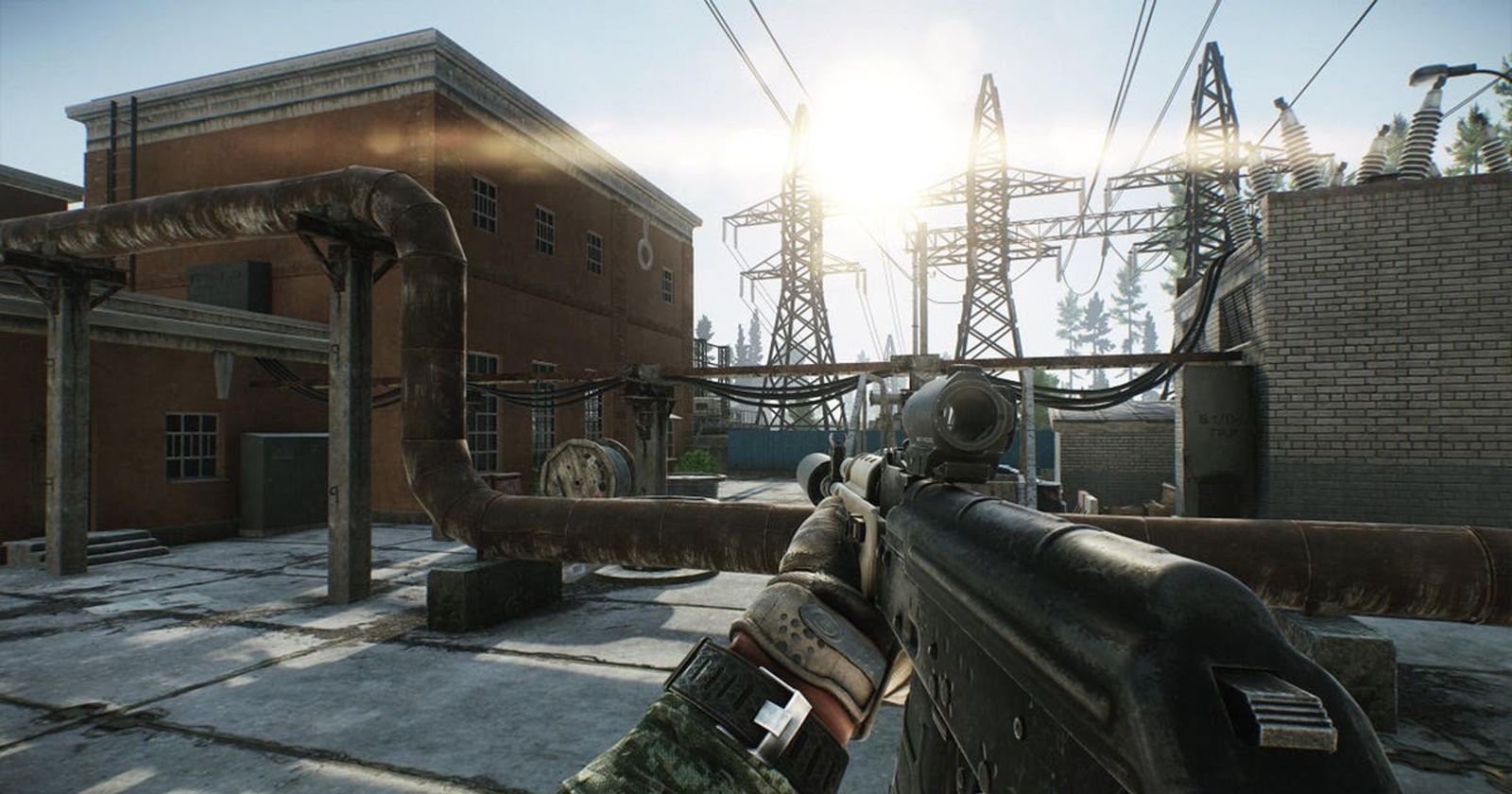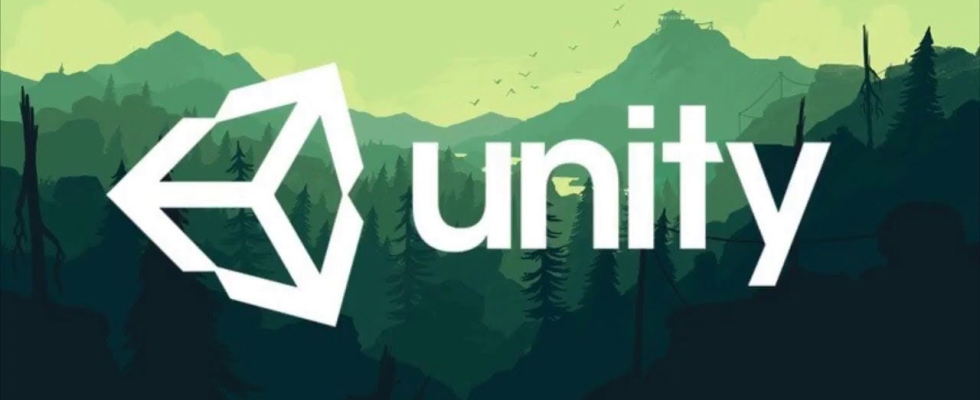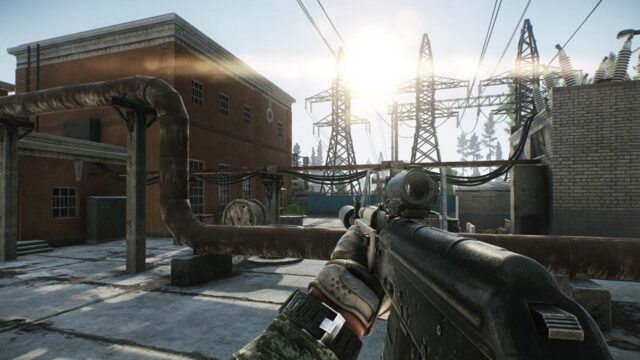Unity, which is slowly evolving into an in-game advertising firm, announced a confusing new set of fees for game makers in September, but the policy was abandoned following ultimatums from studios to abandon the Unity engine going forward. Of course, the company’s prestige had already been destroyed. The invoice was also given to the CEO.
Unity’s value dropped by more than 100% under Riccitiello
James M. Whitehurst, former president of Red Hat, the open source software company acquired by IBM, will take over from Riccitiello as interim CEO while Unity’s board searches for a new long-term CEO. Riccitiello says in a press release:
“It has been a privilege to lead Unity for nearly a decade and serve our employees, customers, developers, and partners who have been instrumental in the Company’s growth. “I look forward to supporting Unity through this transition and following the Company’s future success.”
Riccitiello joined Unity in 2014, shortly after leaving Electoronic Arts. He oversaw the game engine company’s transition from one-time licensing fees to an ongoing subscription model, launching an IPO in 2020 and making a series of acquisitions including in-app monetization firm IronSource in 2022. When Unity first went public, its stock price was around $68. Today it is just over $30.
Unity, once synonymous with an explosion of creativity and experimental design in indie gaming, was tarnished when the clumsy rollout of its new monetization strategy caused it to burn bridges with tons of game makers. About a month later, we are faced with the news of Riccitiello’s resignation.

In the initial messages, it was stated that game developers may be charged fees every time their games are installed, including retroactively. In the apology statement later made by president and general manager Marc Whitten, it was stated that the new conditions would only apply from 2024 and that much larger exceptions were made for smaller studios whose games did not reach a certain revenue threshold.
But for many developers, it was too late. Their trust in the company had already been irrevocably shaken. What are you thinking? Please don’t forget to share your thoughts with us in the comments.

